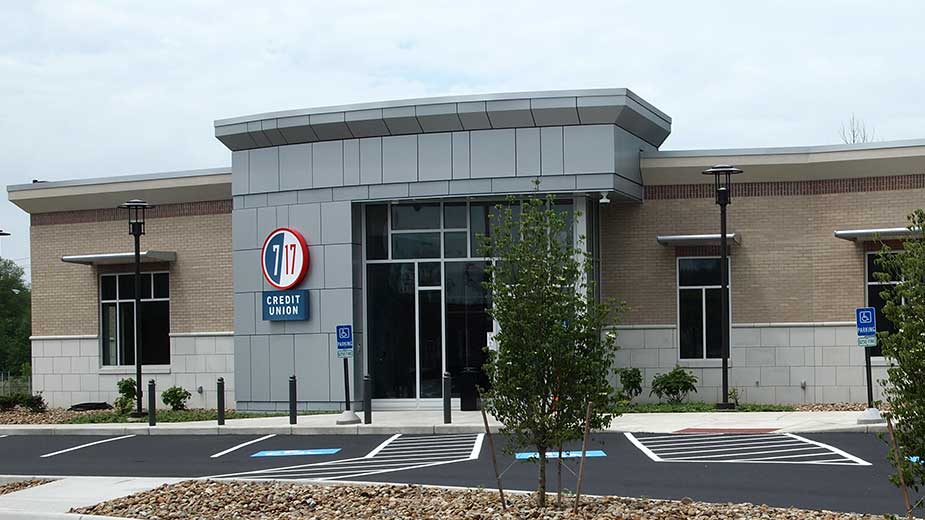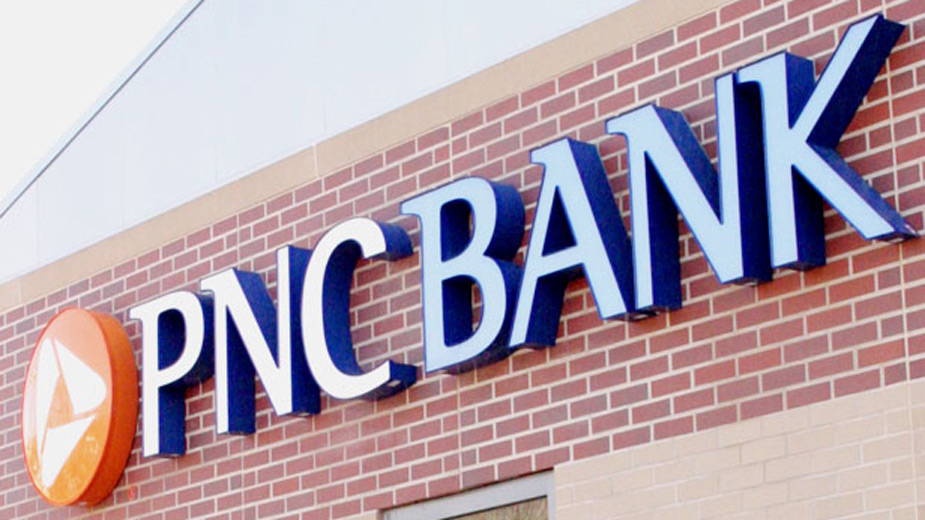Bankers Work with Owners, SBA for Business Loans
YOUNGSTOWN, Ohio — Before a bank approves a loan or issues a line of credit to a business owner, it wants to see the owner “has some skin in the game,” as the latest popular phrase goes.
“Skin in the game” means substantial collateral, that the owner would feel financial pain should he default.
Bankers want to see that their customers are as committed to the success of their companies as they ask of the banks. Bankers want financial equity, an owner’s personal stake, in their enterprises.
“They must inject their own capital,” says William Shivers, recently appointed president of the Mahoning Valley Region of Huntington Bank.
Equally important are the hard work and long hours entrepreneurs put into their businesses. “People who see successful people think they’ve always been successful,” Shivers says. “The hard work they’ve done to get there is invisible.”
“We want a strong relationship,” says Peter Asimakopoulos, executive vice president of First National Bank of Pennsylvania, who oversees its small-business lending. One aspect of that relationship is trust, he says, where both lender and borrower count on each other to fulfill their obligations.
Asimakopoulos discusses lending to small business and entrepreneurs, and products for designed to serve companies in today’s ‘3 Minutes With’ video (CLICK HERE).
Since the recovery that began in June 2009, the companies that survived have been paying cash to meet their bills, Shivers says. In getting by, owners borrowed as little as they could and paid cash, Shivers says.
Now that they’re persuaded the recovery is for real and it’s safe to expand, they’re approaching the bank for funding to acquire competitors or expand their operations. “We’re starting to see expansions,” Shivers says.
This more pronounced in the medical field where “hospital groups are buying up physicians’ practices,” the Huntington regional president says.
The U.S. Small Business Administration has designated both Huntington and First National Bank preferred lenders. This means that the banks, provided they meet SBA guidelines, have the authority to lend to small-business owners without first securing agency approval and know that the SBA will guarantee up to 85% of the amount lent.
Although its footprint lies in the Midwest and western Pennsylvania, Huntington ranks first in the United States in SBA 7(a) lending. It ranks first in the eastern Ohio counties the Mahoning Valley Economic Development Corp. serves, says Executive Director Mike Conway while First National Bank is the largest 7(a) lender it serves in six western Pennsylvania counties.
“SBA does not make direct loans to small businesses,” its website says. “Rather, SBA sets the guidelines for loans, which are then made by its partners.” The SBA guarantees that should the owner default, it will repay up to 85% of the balance owed, thus reducing the risk the lender assumes.
“So when a business applies for an SBA loan,” the agency notes, “it is actually applying for a commercial loan structured according to SBA requirements with an SBA guarantee.”
The maximum loan under 7(a) is $5 million although the SBA will guarantee only 75% of the first $3.75 million, the agency says. On loans of $150,000 or less, the SBA will guarantee up to 85%.
SBA Express Loans, regardless of size, have a maximum guarantee of 50%. With SBA Express, which “generally follow SBA’s standards for 7(a),” the agency says, the turnaround time is 36 hours or less. The bank must be a preferred lender to make such a loan.
For its involvement, the SBA charges a fee under 7(a) in addition to any fees the bank partner imposes, its website notes. On loans of less than $150,000, the SBA does not charge a fee. On loans of $150,000 or more of less than a year, it charges 0.25% of the guaranteed portion of the loan (making it $318.75 for a loan of $150,000).
For loans of longer than a year, the fee of 3% of the SBA portion of loans of $150,000 to $700,000 and 3.5% on loans that exceed $700,000. If the loan exceeds $1 million, the SBA charges an additional 0.25% of the guaranteed portion greater than $1 million.
The lender and borrow negotiate the interest rate the borrow pays under 7(a) and whether it’s a fixed or variable rate.
With SBA Express, the maximum a lender can extend is $350,000 and the longest term is seven years. Because of the addition risk involved, lenders can charge up to 6.5% above the base rates of $50,000 or less and up to 4.5% on loans greater than $50,000.
As for collateral, the SBA does not require lenders to seek additional collateral on express loans of less than $25,000 and can use their collateral policies in place for loans of up to $350,000.
Copyright 2024 The Business Journal, Youngstown, Ohio.


